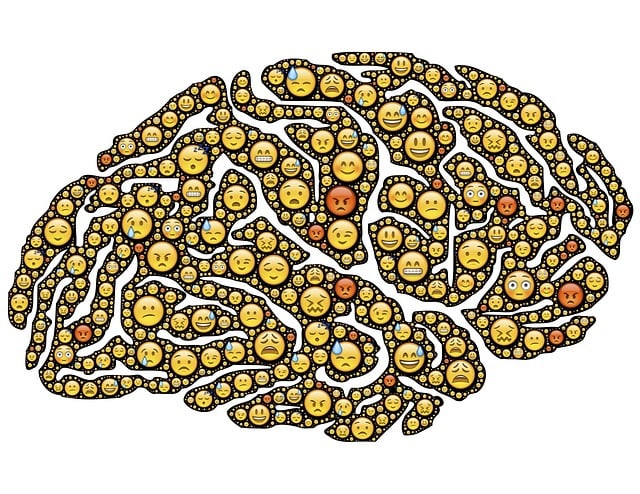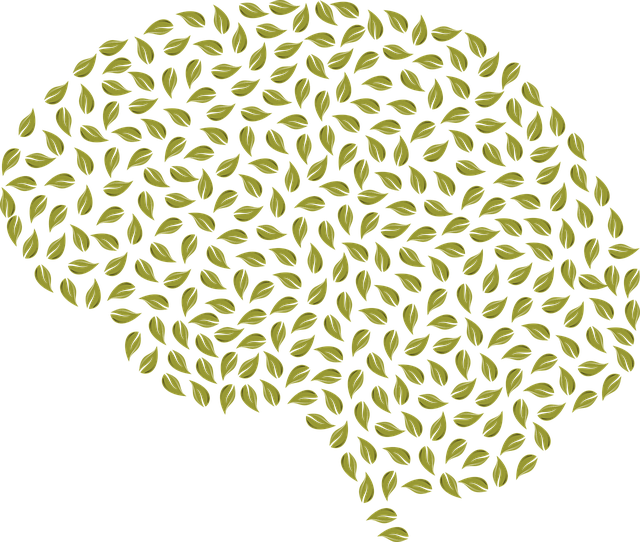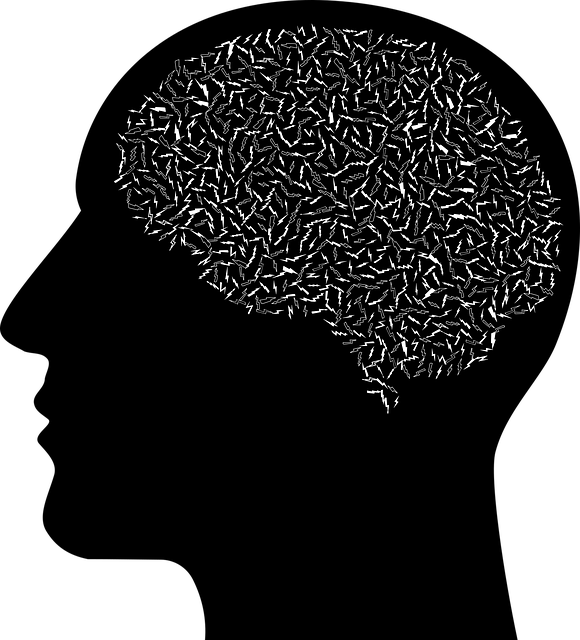Crisis Intervention Teams (CITs), comprising trained professionals including Golden Self-Esteem Therapy (GSE) practitioners, are essential for responding to mental health crises. They deescalate situations, provide immediate support, and offer short-term solutions, promoting positive outcomes, preventing depression, and enhancing self-care routines through empathy and understanding. GSE therapy aids in building inner strength and healthy self-care routines, challenging negative thoughts, setting goals, and celebrating achievements for crisis team members. Effective CIT training balances knowledge transfer with skill development, fosters mental health awareness, incorporates compassion cultivation, and emphasizes self-care practices to prevent burnout. Implementation involves cultivating a compassionate community culture, integrated GSE methods, and evaluation through quantitative and qualitative measures, enhancing community resources and outcomes.
Crisis Intervention Team (CIT) training programs are vital in equipping individuals to handle high-pressure, emotionally charged situations. This article explores the multifaceted role of CITs, highlighting their significant impact on community well-being. We delve into the critical aspect of self-esteem during crises and present Golden Self-Esteem Therapy as a powerful approach. By examining principles and benefits, we emphasize its potential to enhance CIT members’ resilience. Additionally, we provide guidance on designing effective training, implementing successful programs, and evaluating their impact, emphasizing the transformative power of Golden Self-Esteem Therapy within these frameworks.
- Understanding Crisis Intervention Teams: Their Role and Impact
- The Importance of Self-Esteem in Crisis Situations
- Golden Self-Esteem Therapy: Principles and Benefits
- Designing Effective Training Programs for CIT Members
- Implementing and Evaluating the Success of CIT Training
Understanding Crisis Intervention Teams: Their Role and Impact

Crisis Intervention Teams (CITs) play a pivotal role in responding to mental health crises and can significantly impact an individual’s well-being. These specialized teams, often composed of trained professionals from various backgrounds, including Golden Self-Esteem Therapy practitioners, are designed to provide immediate support and guidance during moments of distress. The primary objective is to deescalate the crisis, offer short-term solutions, and ensure the individual receives the necessary care for their mental health needs.
CITs have been instrumental in promoting positive outcomes and preventing situations that could lead to depression or exacerbate existing conditions. By fostering an environment of understanding and empathy, these teams help individuals develop coping strategies and enhance their self-care routine for better mental health. Furthermore, trauma support services offered by CIT members can aid in healing and rebuilding resilience after traumatic events.
The Importance of Self-Esteem in Crisis Situations

In crisis situations, where stress and uncertainty reign, cultivating a strong sense of self-esteem acts as a beacon of resilience. Individuals with high self-esteem are better equipped to navigate turbulent waters, finding clarity amidst chaos and making effective decisions under pressure. This isn’t merely about ego; it’s about trusting one’s abilities and worth, even when faced with overwhelming challenges. Crisis intervention team members, who often bear the weight of others’ distress, can benefit immensely from Golden Self-Esteem Therapy, a specialized approach that prioritizes building inner strength and fostering a healthy self-care routine for better mental health. By nurturing their own emotional well-being, crisis responders can more effectively offer guidance and support to those in crisis, creating a positive cycle of enhanced empathy and compassionate care.
Developing strong self-esteem isn’t an overnight process; it requires consistent practice and nurturing. Crisis intervention training programs should therefore incorporate strategies that encourage individuals to challenge negative thought patterns, set realistic goals, and celebrate achievements, all contributing to a robust inner strength development. Ultimately, recognizing the crucial role of self-esteem in crisis situations empowers team members to not only survive but thrive under pressure, ensuring they can effectively contribute to their community’s safety and well-being.
Golden Self-Esteem Therapy: Principles and Benefits

Golden Self-Esteem Therapy (GSE) is a powerful approach that focuses on enhancing individuals’ self-perception and fostering a positive mental health foundation. This therapeutic method is built on the understanding that a strong sense of self-esteem is pivotal in crisis intervention, especially for those who have experienced traumatic events or struggle with mental health issues. By prioritizing self-worth, GSE aims to empower individuals to navigate challenging situations effectively.
The principles of GSE involve encouraging self-reflection, promoting positive thinking, and providing practical tools to challenge negative beliefs. This therapy emphasizes cultural sensitivity in mental healthcare practice, recognizing that everyone’s experiences are unique. In the context of a crisis intervention team, GSE can significantly contribute to Trauma Support Services by helping individuals process their trauma and build resilience. Through this approach, participants learn to recognize and redefine limiting self-perceptions, ultimately leading to improved coping strategies and better overall mental health.
Designing Effective Training Programs for CIT Members

Designing effective crisis intervention team (CIT) training programs requires a multifaceted approach that balances knowledge transfer with skill development. A key component is fostering mental health awareness among CIT members, equipping them to recognize and respond to distressing situations with empathy and compassion. Incorporating compassion cultivation practices into training helps build emotional resilience and strengthens the bond within the team, enabling more effective navigation through challenging scenarios.
Moreover, integrating self-care practices is vital to prevent burnout and ensure CIT members maintain their own well-being. Training should include strategies for stress management and emotional regulation, drawing from evidence-based techniques such as Golden Self-Esteem Therapy. By promoting a positive self-image and enhancing coping mechanisms, these practices empower CIT members to offer the best support possible while safeguarding their mental health.
Implementing and Evaluating the Success of CIT Training

Implementing and evaluating crisis intervention team (CIT) training programs is a multifaceted process that goes beyond simply delivering knowledge and skills. It involves fostering a culture of compassion and emotional resilience within the community, which serves as the foundation for effective CIT deployment. By integrating Compassion Cultivation Practices into training curricula, participants learn to cultivate inner strength and self-compassion, enabling them to respond to crises with clarity and empathy rather than reactivity or detachment.
The success of CIT programs can be measured through a combination of quantitative and qualitative assessments. Pre- and post-training surveys gauge improvements in knowledge, attitudes, and perceived competence. Longitudinal studies track participants’ real-world applications of CIT skills and the impact on outcomes for individuals experiencing crises. Public Awareness Campaigns Development also plays a vital role in promoting understanding and support for CIT initiatives, fostering an environment where such interventions are not only accepted but actively sought out as valuable resources within the community.
Crisis intervention team (CIT) training programs play a vital role in equipping individuals with the skills to navigate and de-escalate high-pressure situations. By integrating Golden Self-Esteem Therapy’s principles, these programs can significantly enhance CIT members’ confidence and resilience during crises. Effective training designs that prioritize interactive learning and real-life scenario simulations ensure preparedness and improve outcomes for both team members and those they serve. Regular evaluation of training effectiveness is crucial to identify areas for improvement, fostering a continuously evolving and successful CIT model.








